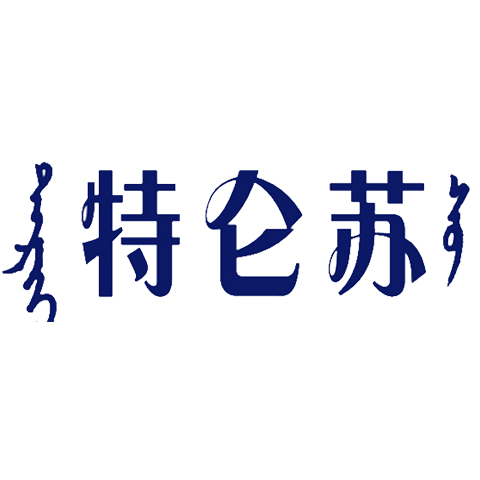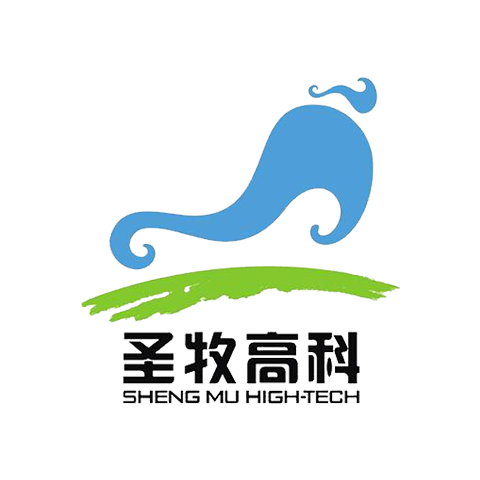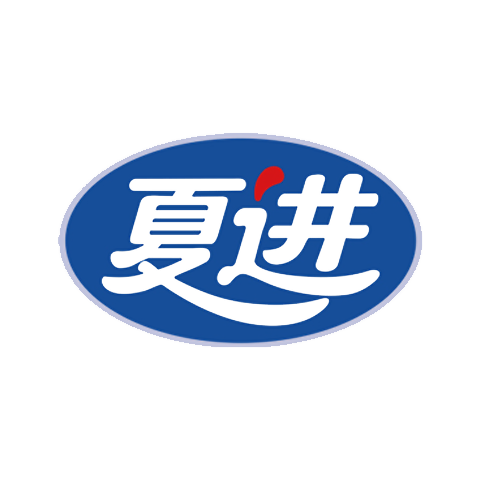The predecessor of Sanyuan was Beijing Milk Terminal, which was established in 1956 and has been listed on the Shanghai Stock Exchange since 2003. Sanyuan has provided dairy products for the major political and large-scale economic and cultural activities of the central government and Beijing such as the "National People's Congress" and the "Chinese People's Political Consultative Conference". In 2004, it became the first batch of dairy enterprises that passed the market access and obtained the "QS" mark by the General Administration of Quality Supervision, Inspection and Quarantine of the People, and was designated as the special milk for banquets in the "Great Hall of the People".
Yili and Mengniu are large-scale dairy enterprises, controlling a large area of high-quality milk sources, covering the whole country, with room temperature milk as the main product. Beijing's Sanyuan, Guangzhou's Fengxing and Yantang show the characteristics of regional dairy enterprises, which have high brand recognition among local residents, have offline stores, and are convenient for urban distribution, but are subject to milk sources, high production costs, and mainly rely on pasteurized milk to participate in market competition, and the cost performance of room temperature milk is average.
With the help of the resources of the first farm, Sanyuan has more advantages than other regional dairy enterprises in terms of milk source, and the nutritional value and price of room temperature milk products are more balanced, and the overall milk quality can maintain the second echelon level. Three-yuan sachet pure milk and small square white pure milk are both cost-effective models, with a protein content of 3g/100ml and a calcium content of 100mg/100ml. Ternary bags of pure milk are packaged in Tetra Fino, which is also commonly used in room temperature milk packaging, and the packaging cost is lower than that of aseptic bricks, but the isolation and support are poor, so that the milk has a shorter shelf life of only 50 days. If there is no fixed habit of drinking milk, it is not recommended for ordinary consumers to buy, and it is easy to forget to drink it and cause expiration and waste.
The nutritional content of ternary bagged milk and Xiaofangbai pure milk is slightly lower than that of Yili and Mengniu basic models, but the price is more affordable. The nutritional value of Sanyuan white box pure milk is similar to that of Yili aseptic bricks, and the packaging is printed with traditional Beijing architectural patterns, which is more inclined to the use of gifts, and the price is higher than that of sterile bricks, and its 250ml specifications 12 boxes are priced at 66 yuan.
Sanyuan has a number of self-owned pastures, among which the pure milk of Sanyuan Green Lotus Ranch uses Sanyuan's own milk source of Beijing Green Lotus Dairy Breeding Center, which is familiar to Beijing locals and is often used for gifts. The protein and calcium content of green lotus pasture pure milk are not inferior to that of white box pure milk, the price is 52 yuan for 12 boxes, and the difference in milk taste is not large, so it is more recommended to buy this.
The Extreme series is the most worthwhile room temperature milk product for Sanyuan, and the milk quality is one grade higher than that of the basic model, such as Sanyuan Extreme Whole Milk contains protein 3.4g/100ml and calcium 110mg/100ml. Compared with the high-end milk representatives Telunsu and Jindian, although the nutritional value of the three-yuan extreme series is slightly lower, it is more cost-effective, and the price of 12 boxes of 250ml specifications is about 53 yuan. If you drink it yourself, the Sanyuan Extreme Series is also more suitable than the white box model and the green box ranch.
When major dairy companies expand overseas milk sources and add new categories, Sanyuan has also launched its own A2 milk product Extreme A2 β-casein pure milk, claiming to select rare dairy cow breeds, limited supply, 250ml specifications 12 boxes priced at 118 yuan. However, the current mainstream scientific opinion is that there is no significant difference between A2 milk and ordinary milk, they are only a peptide produced by bovine casein hydrolysis, and have no effect on the digestion and absorption of milk. Businesses often advertise that A2 milk is superior to regular milk, but the quality of the research they cite is often not high. Among them, it is believed that the cause of lactose intolerance in milk is that ordinary milk contains the peptide BCM-7, while the BCM-9 peptide contained in A2 milk does not have this problem. This view is not currently widely accepted by the scientific community.











